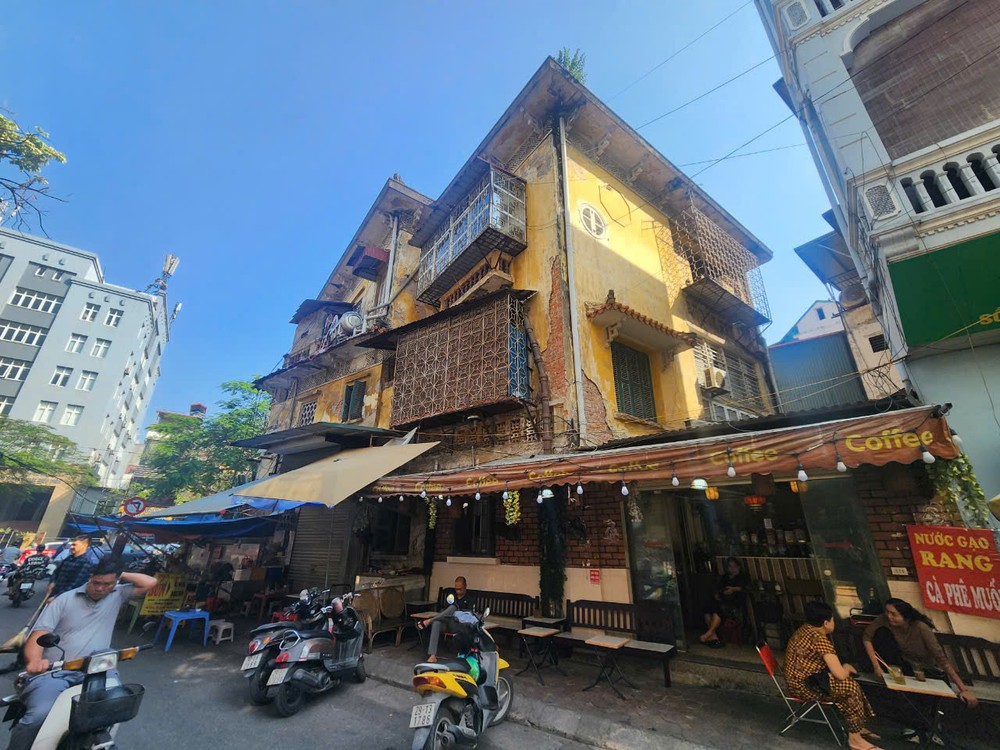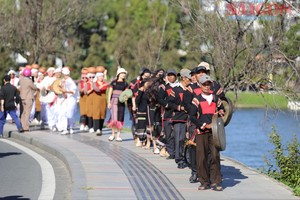
The National Assembly passed the draft revised Law on Cultural Heritage at the 8th session of the 15th National Assembly on November 23. It is an important step in improving the management, protection, and promotion of Vietnam's cultural heritage.
The draft revised Law on Cultural Heritage comprises new provisions, creating a solid legal framework for the protection and promotion of cultural heritage values. A consensus emerged among the majority of lawmakers regarding the establishment of a cultural heritage conservation fund.
This fund would provide essential financial support for conservation and restoration projects, as the state budget alone cannot fully cover them. This move creates diverse and effective resources for cultural heritage preservation.
The fund can receive donations from organizations and individuals at home and abroad. Mobilizing financial resources from diverse sources will help ensure that heritage conservation projects are not interrupted due to lack of funding.
In addition, the fund not only focuses on attracting external funding but also allows provinces and cities across the country to establish their own funds depending on the conditions and cultural characteristics of each region.
This provides an opportunity for localities to take the initiative in mobilizing resources and determining their heritage conservation priorities to protect their unique heritage values instead of relying on government funding as before.
Additionally, the cultural heritage conservation fund opens up international opportunities, creating conditions for Vietnam to receive support from international organizations. It not only provides favorable conditions for the country’s cultural heritage preservation but also strengthens the quality of protection by applying advanced technology and learning about the experiences of other countries. International cooperation also helps promote Vietnam’s heritage globally to attract the attention of foreign tourists and raise the Vietnamese culture’s position on the world map.
However, there are still many challenges to overcome in the operation of the cultural heritage conservation fund. One of the major issues is the unstable source of income. If the fund relies more heavily on donations from international organizations or sponsors without support from the state budget, it may face difficulties in maintaining long-term operations.
Therefore, one of the key requirements is to establish a clear legal framework and strong financial mechanisms to ensure that the fund can operate effectively and sustainably. The state needs to issue policies that encourage the participation of social organizations and communities in contributing financially to the fund while also setting up oversight mechanisms to ensure transparency and efficiency in the use of resources.
Vietnam's cultural heritage is facing numerous challenges such as urbanization, climate change, and a lack of resources for conservation. The Law on Cultural Heritage is an important tool to address these issues.
The establishment and operation of the fund not only contribute to the protection of cultural heritage but also create opportunities for the sustainable development of the cultural, tourism, and socio-economic sectors. This is an important step that demonstrates Vietnam's commitment to preserving its precious cultural values for future generations.
























